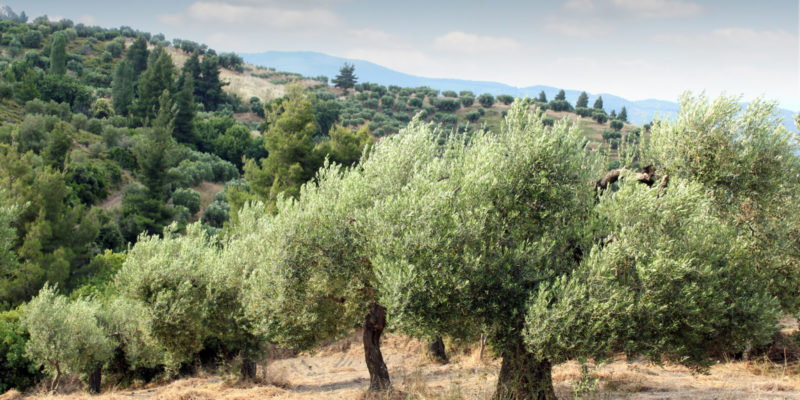ALWAYS GO FOR EXTRA VIRGIN OLIVE OIL
While extra virgin olive oils found in supermarket shelves may be inadequately labeled or even sometimes labeled as “extra virgin” when in fact they are not, you are still better off going with a mislabeled extra virgin olive oil rather than settling for the much lower-quality vegetable oils or even the low-quality types of olive oil such as “pure” or “lite”. Of course, it is advised that you buy olive oil from a trusted source in order to avoid falling victim to mislabeling in the first place.
HARVEST DATE
Always look for the harvest date on the bottle and make sure it is at least within the last year. Olive oils are usually harvested between October and December. This means that if you shop for olive oil in April 2018, an olive oil with a Fall 2017 harvest date would still be considered “new harvest”.
Note that many imported olive oils have their harvest and “best by” dates in EU format. In such cases, 4/10/2017 would mean the oil was harvested the 4th of October 2017 and NOT the 10th of April 2017.
VERIFY STORING CONDITIONS IF YOU CAN
Storing conditions are very important when it comes to maintaining the good condition of extra virgin olive oil after it has been bottled. Heat and strong lights destroy even the highest-quality extra virgin olive oils. Where does your local grocery store or supermarket keep their olive oils? Is it dark and cool where they are on display – are there strong lights nearby?
BUY FROM A SOURCE THAT YOU TRUST
The only way to be 100% sure an olive oil is truly “extra virgin” is to conduct a chemical analysis even though a tasting expert can usually tell with a zip or two.
Since you can’t do a chemical analysis at home, it is important that you buy olive oil from producers or merchants that you feel like you can trust.
If you know a producer / brand to be 100% legitimate and trustworthy then you could buy all of your olive oil from them. However, that would probably limit your options as there are many varieties, each with unique taste and characteristics, and most producers only use their local olive varieties to make their oils.
If you’re the type seeking culinary adventures, then variety is what you want. Find a merchant selling high-quality extra virgin olive oils that also carefully stores the oils to avoid damage from heat and light. This is important since it is often the case several months will have passed till the olive oil reaches your doorstep after it’s been harvested and bottled.

